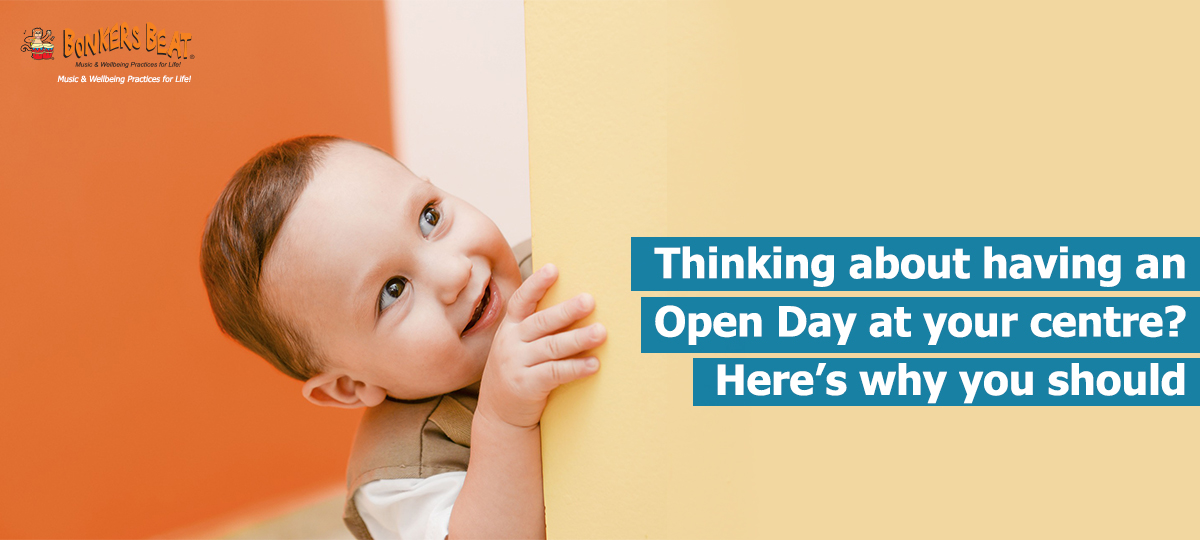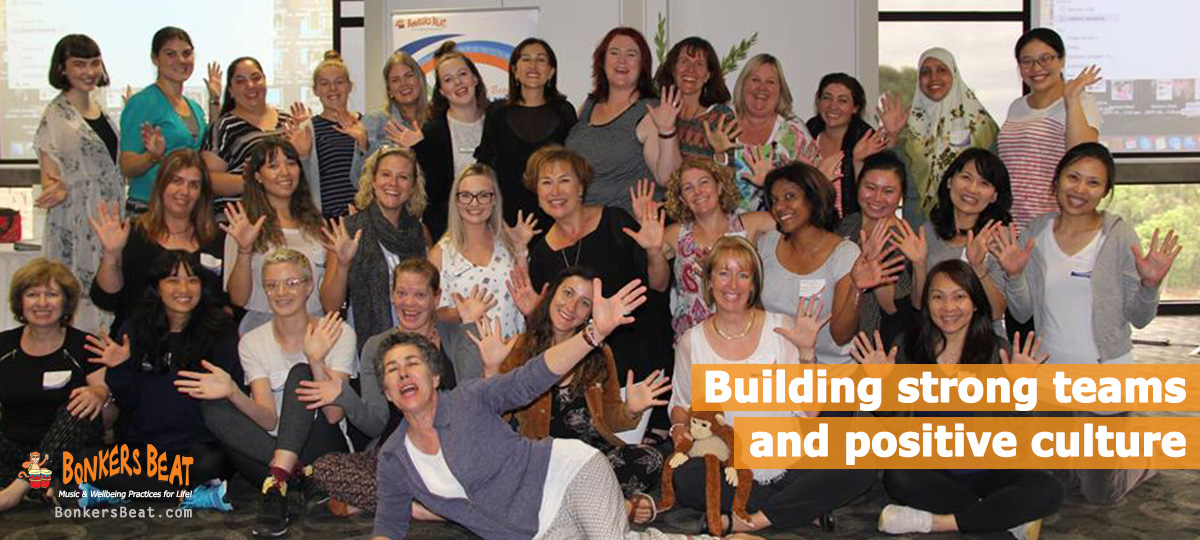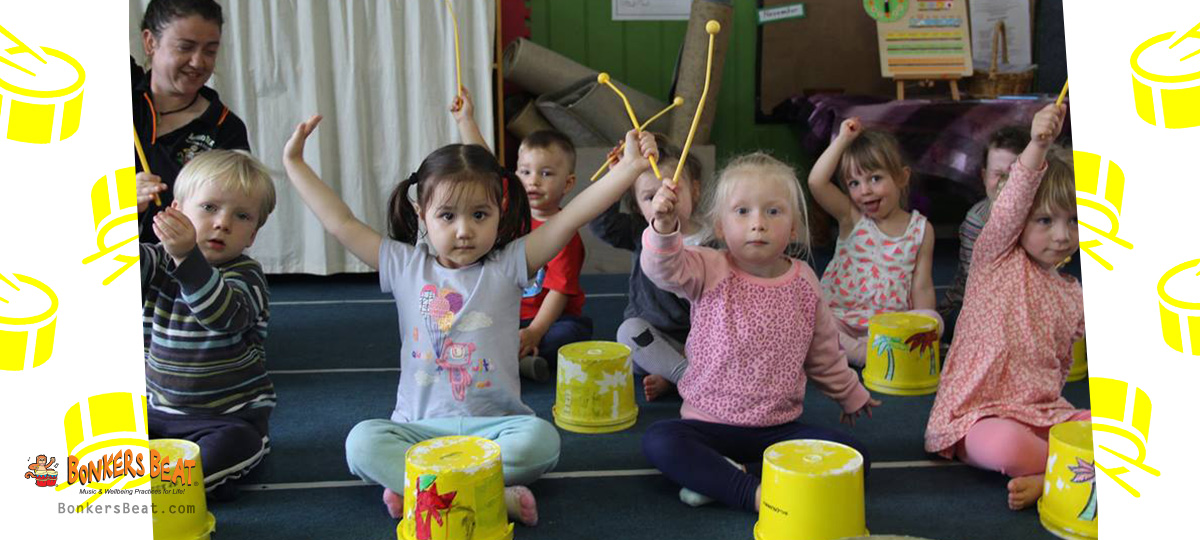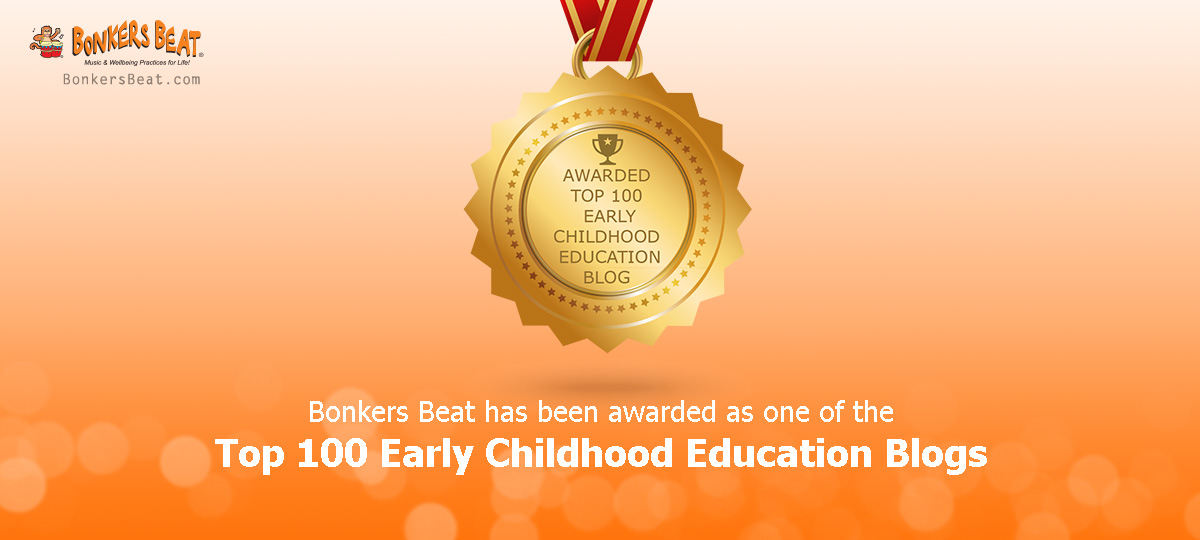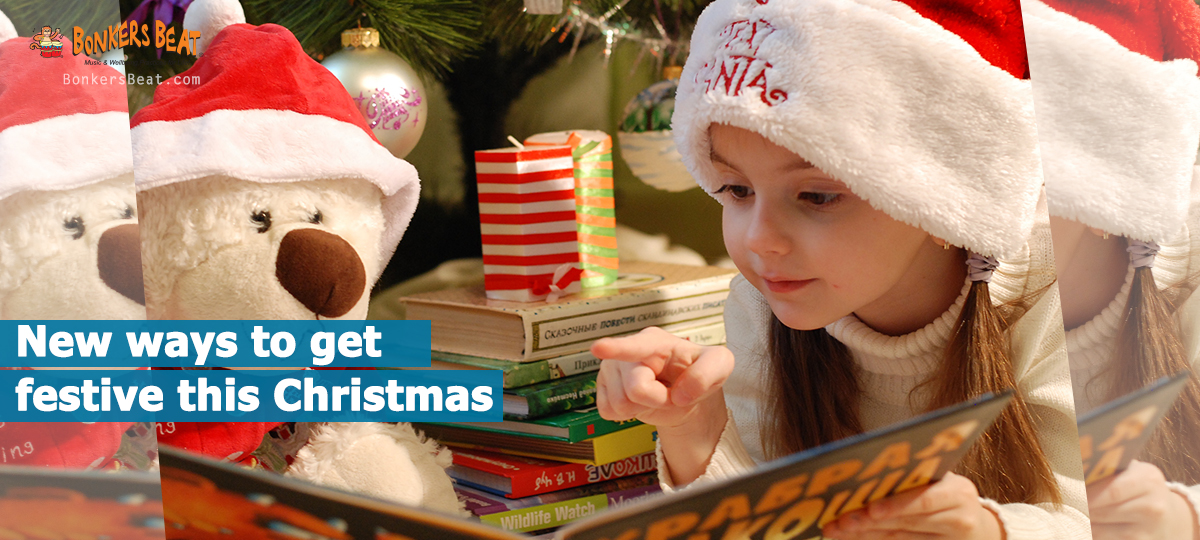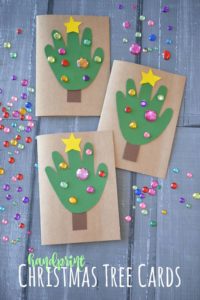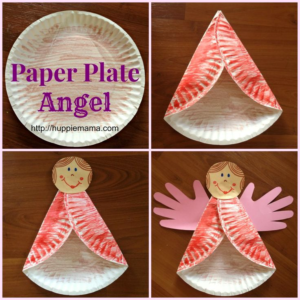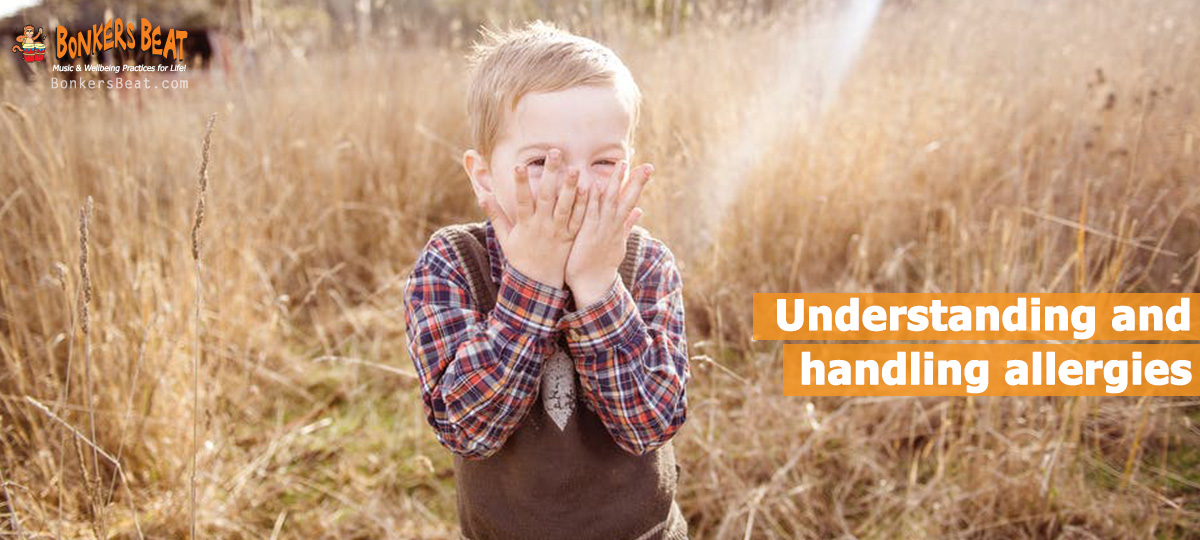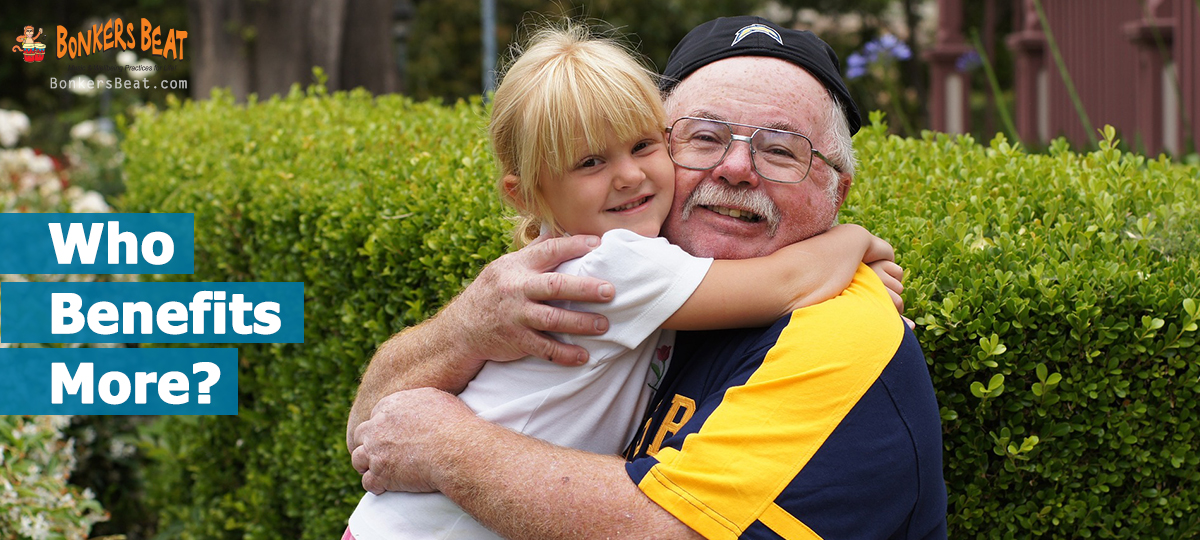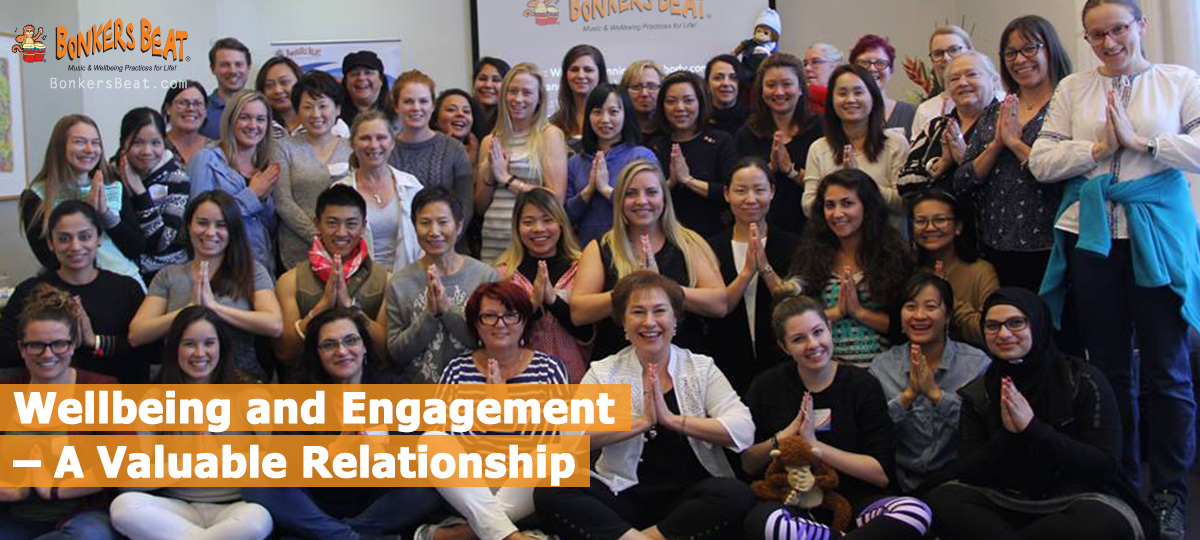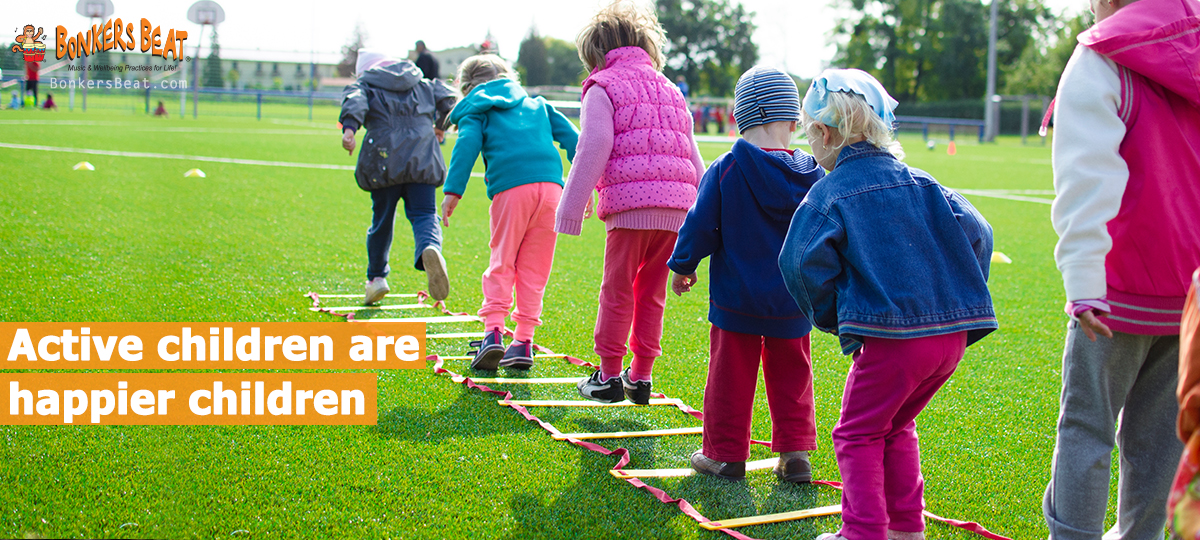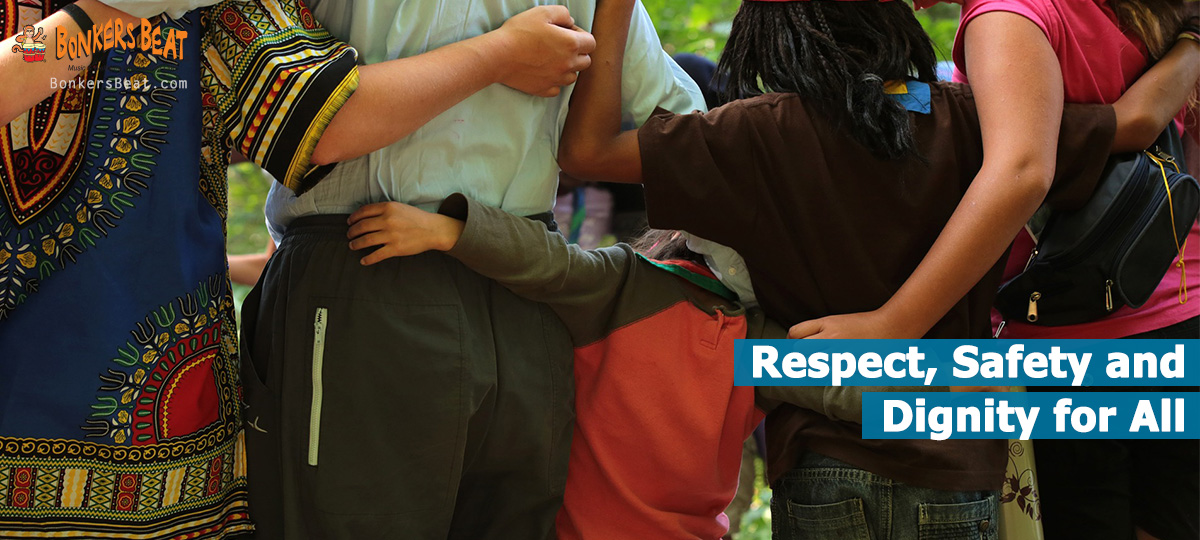We know that the first five years of a child’s life are absolutely crucial when it comes to physical, intellectual, social and emotional development. It’s not surprising that selecting a child care centre or kindergarten is a big decision for families. If you’re thinking about having an open day at your centre, but keep putting it off or think it’s too much effort, think again.
Reading about a centre or hearing about a centre is great, but nothing is quite like visiting a centre. Families often speak about “the vibe” they got from a child care centre. They love to see the centre, meet the educators and director – even the owner! This is a place that they are trusting with their children during one of the most vital times of their development and it has to be perfect.
Why having an open day is a must
While tours for families are great and should be encouraged, holding an open day is proactive and encourages families to have a fun day out while at the same time getting a feel for your centre.
Dedicated time: An open day, especially on a weekend, gives families uninterrupted time at your centre to explore, chat with educators and ask questions.
A showcase of your offering: You get to plan the day from start to finish, so design something special that really shows families what you’re about and why you’re the best choice for their child’s early childhood education.
A fun day out: It’s certainly a drawcard for families when you plan a day of activities and perhaps throw in some refreshments. Even families who attend other centres could stop by and fall in love with your centre.
Show the local community and families what you have to offer. Planning an open day allows you to put your best foot forward and demonstrate to families why they should choose your centre for their child or children.
The next Bonkers Beat Open Day is coming up on Saturday, 24 March. Feel free to come along to Bonkers Beat Music Kinder at 49 Laura street, Aspendale for a day of family fun and enjoy an interactive tour and music show with Bonkers the Monkey!
We look forward to seeing you there!

